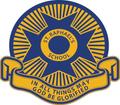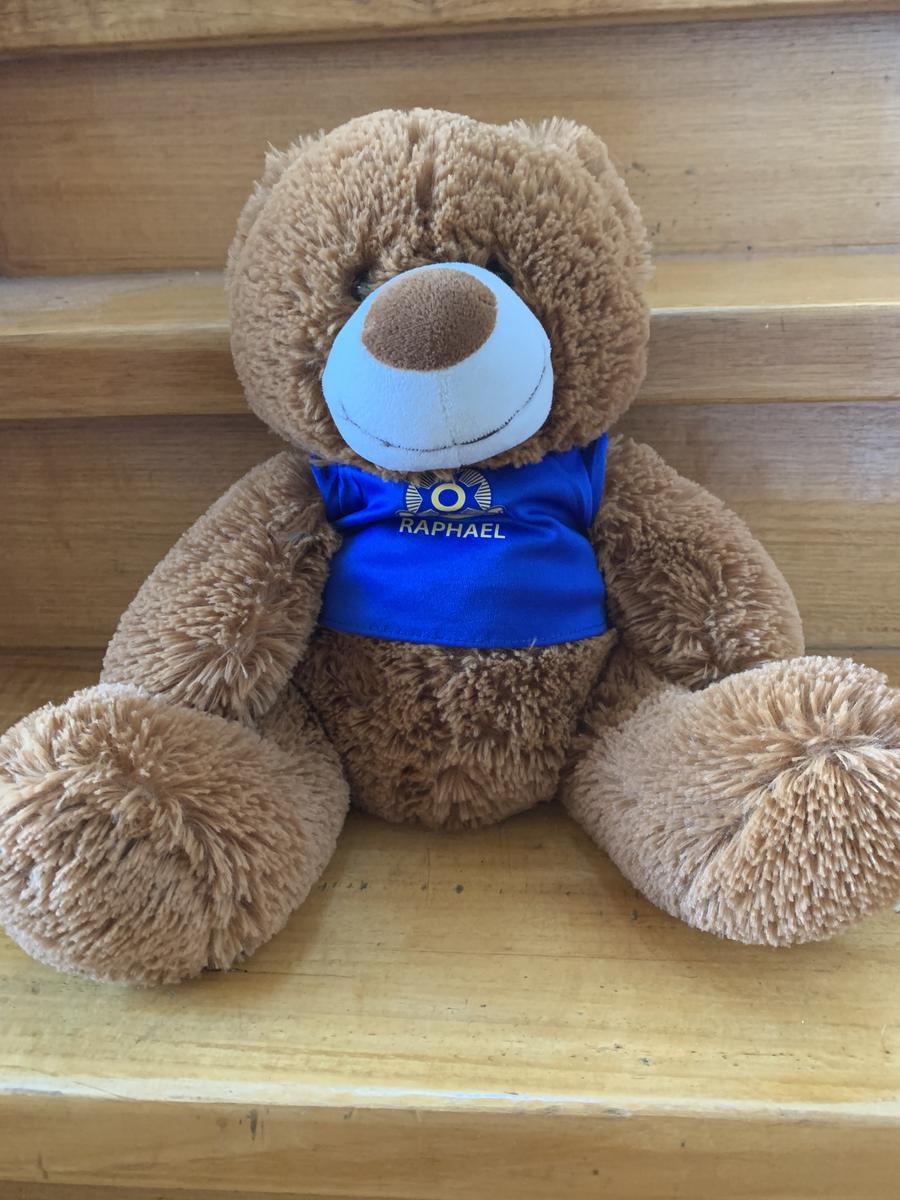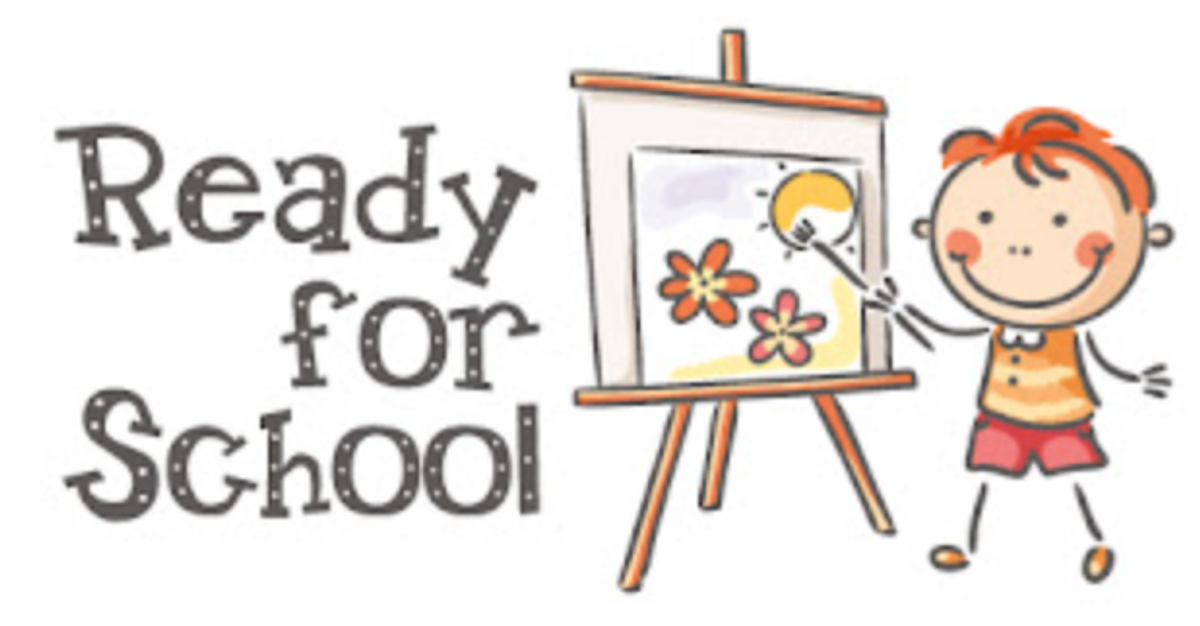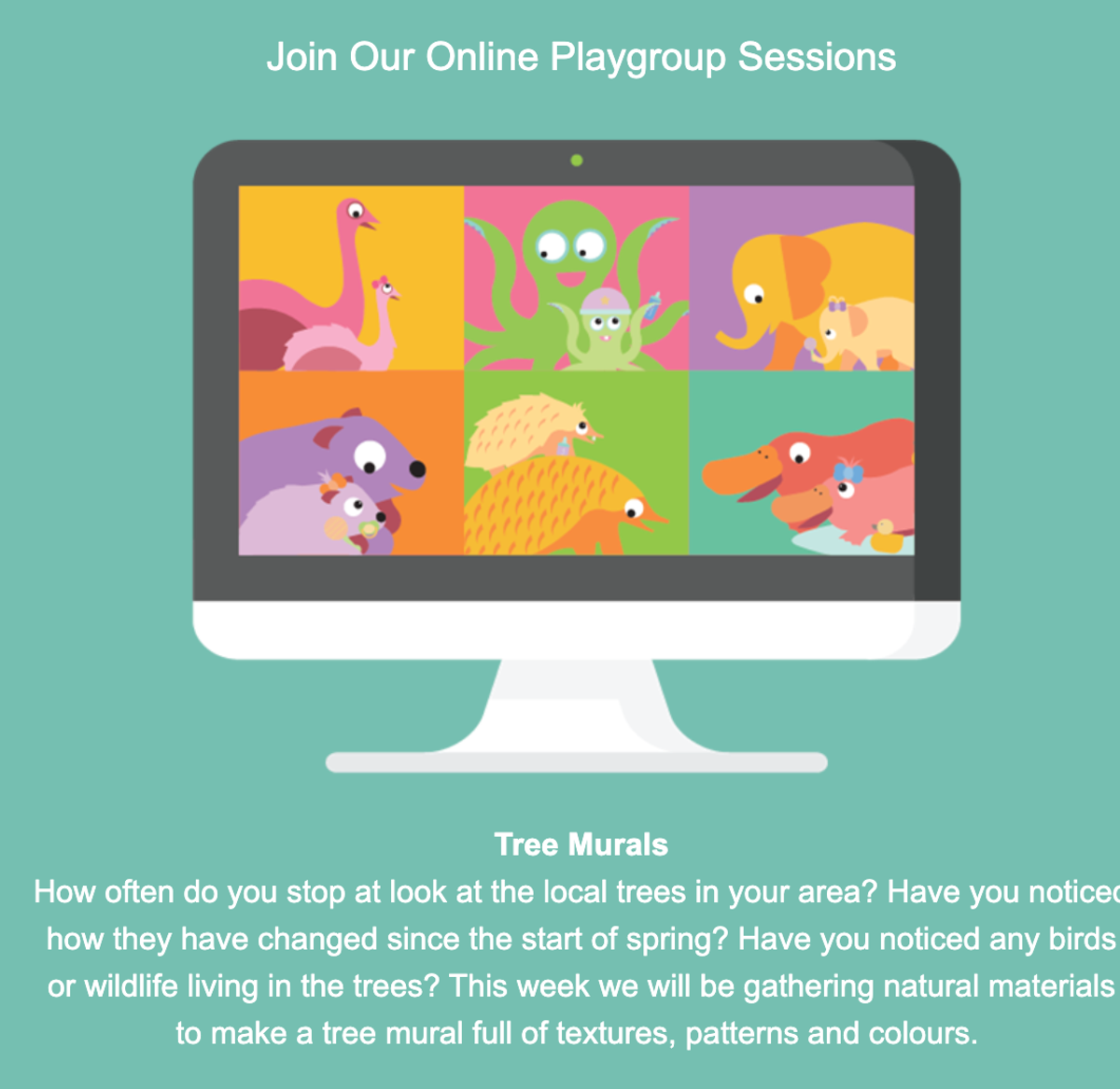FOUNDATION 2022
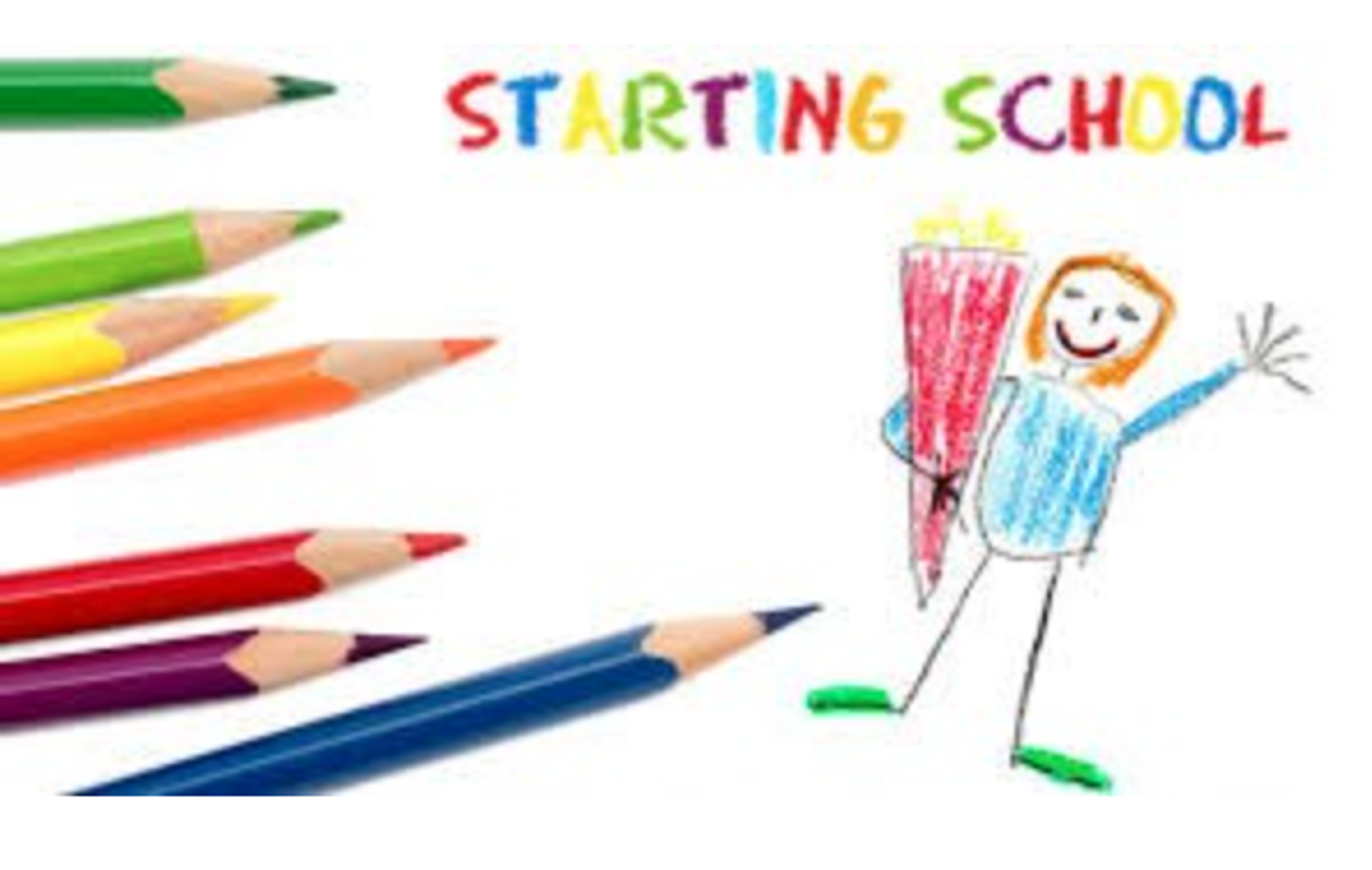
Welcome 2022 Foundation Families!
It was a lot of fun meeting and engaging with our 2022 Foundation parents and children via Zoom at the end of Term 3. We hope our new and current families enjoyed the activities, had fun meeting Year 6 buddies and our mascot Raph the bear, and enjoyed viewing our current Foundation students talk with pride about our school, St Raphael's.
As mentioned in the meeting, each fortnight, we will include information about starting school on this page. Any questions you may have relating to your child commencing Foundation in 2022 may be posted in the linked Google Form below. We will endeavour to post answers in subsequent newsletters. If you scroll down to the end of this page, you can read answers to questions that have already been asked.
Foundation Questionnaire Google Form
School readiness refers to whether a child is ready to make an easy and successful transition into school. School readiness can be actively facilitated with a little forward planning to ensure that children regularly participate in activities that develop the appropriate skills required to help optimal learning when they start school. While many people think of academics (e.g. writing their name, counting to 10, knowing the colours) as the important school readiness skills, school readiness actually refers to a much broader range of skills. In addition to some academic basics, school readiness skills also include self care (independent toileting and opening lunch boxes), attention and concentration, physical skills (e.g. having the endurance to sit upright for an entire school day), emotional regulation, language skills and play and social skills.
Why are school readiness skills important?
The development of school readiness skills allows schools to expand and further develop a child’s skills in the specific areas of social interaction, play, language, emotional development, physical skills, literacy and fine motor skills. Without these basic skills already established upon entry to school, children can very quickly find themselves playing ‘catch up’ compared to their peers that are advancing more quickly. Students that begin school with the building block (or foundation) skills in place, advance quickly as opposed to those that start school only to then begin the slow process of developing school readiness.
What are the building blocks necessary to develop school readiness?
- Self Regulation: The ability to obtain, maintain and change emotion, behaviour, attention and activity level appropriate for a task or situation.
- Sensory processing: Accurate processing of sensory stimulation in the environment as well as in one’s own body that influences attention and learning that effects how you sit, hold a pencil and listen to the teacher.
- Receptive language (understanding): Comprehension of spoken language (e.g. the teachers instructions).
- Expressive language (using language): Producing speech or language that can be understood by others (e.g. talking to friends).
- Articulation: The ability to clearly pronounce individual sounds in words.
- Executive functioning: Higher order reasoning and thinking skills (e.g.What do I need to pack to take to school?).
- Emotional development/regulation: The ability to perceive emotion, integrate emotion to facilitate thought, understand emotions and regulate emotions (for a child’s own responses to challenges).
- Social skills: Determined by the ability to engage in reciprocal interaction with others (either verbally or non-verbally), to compromise with others and to be able to recognise and follow social norms.
- Planning and sequencing: The sequential multi-step task/activity performance to achieve a well-defined result (e.g. a cut and paste task or a simple maths worksheet).
Answers to Google Form Question
Question 1: How do extra curricular activities work at St Raphael's?
Answer: Specialist classes are part of the curriculum at our school. You will be notified by the Foundation teachers as to when your child's specialist days are at the beginning of the school year, and what your child will require.
We also have external staff teaching private instrumental music lessons. These lessons are an optional extra for those children who want to learn how to play a musical instrument. Parents liaise directly with music teachers, and lessons have an added cost. Children attend their private music lesson at a negotiated time during formal learning on a particular day of the school week. Children are collected from the learning space and return to their homeroom once their music lesson has ended.
Question 2: Is it possible for my child to be in the same class as their friends?
Answer: Part of our Foundation transition process involves Foundation teachers meeting with each 2022 child and their parent(s) for approximately half an hour, prior to the commencement of school (e.g. toward the end of this year). During this meeting, parents have the opportunity to share information about their child and highlight ways their children transition and learn best. During 'HeadStart Week', the children will also have the opportunity to come together for a couple of sessions, and play and engage in activities in the Foundation Learning space. Teachers will observe interactions and will monitor social engagement. We endeavour to consider the needs of all children when we put together individual homerooms.
Question 3: What is the general structure of a day for Foundation?
Answer: When school gets into full swing, the structure of the day is as follows:
8:45am-First bell rings and students enter school
9am-Students gather in their homeroom
9:30am-10:45am- Investigations (during this time, students may play in any area within Foundation, with any friend(s) in either homeroom)
11:00-Lunch
12:00- Students come back inside & commence formal learning - (Reading/Writing/Maths/Religion/Inquiry)
2pm-Recess
2:30pm-Formal Learning continues
3:30- Hometime
Playgroup Australia
Click on the link to join online playgroup sessions.
